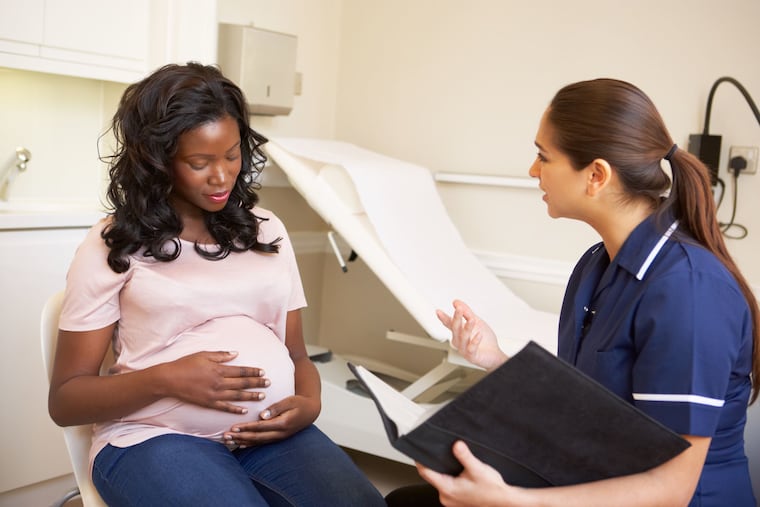FDA advisors recommend yanking approval of preterm birth prevention drug after it flops in crucial study
Makena is the only drug approved to prevent preterm birth. It's fate is uncertain.

A U.S. Food and Drug Administration advisory panel narrowly voted on Tuesday to recommend that the only drug approved to prevent preterm birth be taken off the market because it doesn’t clearly work.
Makena, a synthetic version of the hormone progesterone, was no better than a placebo in preventing premature birth or reducing the resulting problems in Amag Pharmaceuticals’ just-published clinical trial — one that the FDA ordered as a condition of approval in 2011.
Nine panel members voted for revoking approval, while seven voted to leave Makena on the market and order a new confirmatory trial. The FDA doesn’t have to follow advisers’ recommendations, but usually does.
Panel members who voted to withdraw approval — even the patient representative tearfully did so — said they agonized over the decision. For one thing, nothing else has proven effective at preventing preterm birth, the leading cause of newborn death and disability. For another, hydroxyprogesterone caproate has become standard treatment, recommended by medical societies, for women with a previous preterm birth. Finally, the drug can be ordered from compounding pharmacies that custom make it for about $20 a dose, so taking Makena’s much-pricier product off the market will not necessarily change medical practice.
Before the hearing, the American College of Obstetricians and Gynecologists said it had reviewed Amag’s results and was not changing its guidance. But the Society of Maternal-Fetal Medicine released new guidelines suggesting that doctors assess the patient’s level of risk before recommending hydroxyprogesterone shots.
“I think it’s a challenging decision,” said adviser Matthew T. Drake, an endocrinologist at the Mayo Clinic College of Medicine. “I feel for patients and the practitioners that have to deal with them.”
Deborah A. Wing, a maternal-fetal medicine specialist at the University of California, Irvine, said, “I struggled with my vote, but I had to look only at the data.”
The data, the panel agreed, were at best conflicting. Makena was approved based on a 2003 government-funded study that concluded that weekly shots of hydroxyprogesterone significantly cut the chance of delivering before 37 weeks, the threshold of prematurity, as well as before 32 weeks, when babies need intensive care.
But after detailed presentations on both the original trial and Amag’s study, the panel voted unanimously that Amag’s study showed no benefit. Only three members voted that the combined results of both trials showed substantial effectiveness.
Although both trials had the same eligibility criteria, women in the original government-sponsored trial had more risk factors for preterm birth, including smoking, being unmarried, being black, and having multiple previous preterm deliveries.
Several panel members who voted to order a new trial said hydroxyprogesterone helps a subset of women that has yet to be defined.
In a statement, AMAG’s chief medical officer Julie Krop, said, ““We are disappointed with the nearly split vote on this key question and we are committed to working with the FDA to identify feasible ways to generate additional efficacy data on Makena while retaining current access to the therapy for at-risk pregnant women.”
The NASDAQ market’s official site said trading of Amag’s common stock was halted Tuesday.